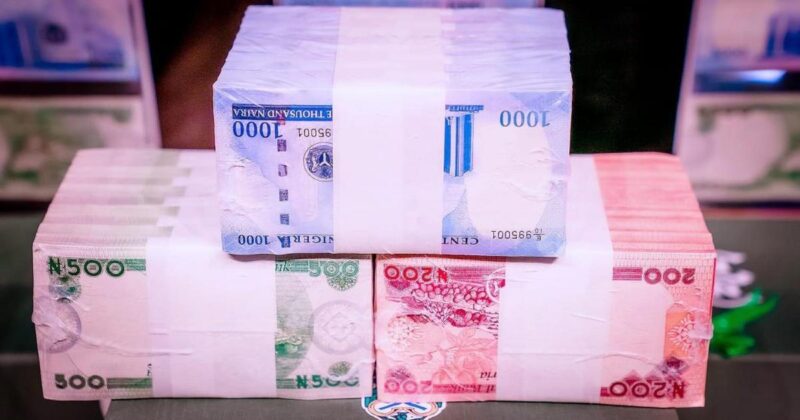Nigerians repaid an eye-watering N4.05 trillion in personal loans during the second quarter of 2024, marking a significant shift in consumer behavior as the country grapples with rising interest rates and mounting economic pressures.
According to the Central Bank of Nigeria (CBN), this repayment figure underscores the growing caution among borrowers as financial burdens intensify.
The second-quarter report revealed a substantial 53.9% drop in personal loan balances, which fell from N7.52 trillion in the first quarter to N3.47 trillion in Q2. This decline mirrors the impact of the CBN’s monetary policy adjustments, aimed at curbing inflation and stabilizing the economy amid persistent challenges.
For the first half of 2024, Nigerians took out an estimated N5.49 trillion in personal loans from banks and financial institutions. Of this, roughly 74% was repaid within a mere three months. As interest rates climb, borrowing has become increasingly expensive, leading consumers to focus on settling existing debts rather than seeking fresh credit.
The overall consumer credit outstanding also saw a decline, dropping 42.6% to N4.73 trillion by the end of Q2 2024. Personal loans now account for 73.35% of total consumer credit, while retail loans saw an uptick, rising from N0.72 trillion to N1.26 trillion.
Under the leadership of Governor Yemi Cardoso, the CBN has made several bold moves to tackle Nigeria’s ongoing inflation issues. In 2024 alone, the CBN has raised the monetary policy rate from 18.75% to 27.25% as part of its strategy to curb inflation and manage money supply. The latest rate hike, implemented in September 2024, increased the rate by 50 basis points, continuing the bank’s aggressive approach to controlling inflation.
These monetary policy changes have had significant repercussions, with Fitch Ratings projecting an increase in non-performing loans (NPLs) among Nigerian banks. As of the end of Q1 2024, regulatory NPLs stood at 5.1%, and Fitch expects this figure to rise further as high interest rates and inflation persist, putting additional pressure on both borrowers and lenders.
A recent Inflation Expectations Survey conducted by the CBN, which surveyed 1,750 businesses and 1,665 households, found that a significant 71.4% of respondents are calling for a reduction in interest rates. This widespread dissatisfaction with high borrowing costs underscores the financial strain felt by Nigerians amid escalating living costs and economic instability. Only 12.5% of those surveyed supported an increase in interest rates, while 16.1% preferred the rates to remain unchanged.
Despite acknowledging the painful impact of rising interest rates, Governor Cardoso defended the CBN’s actions, emphasizing that the monetary policy adjustments are necessary to reduce excess money supply and tackle Nigeria’s inflation crisis. “It’s painful for borrowers, but the measures are essential for stabilizing the economy,” Cardoso remarked.
As the CBN prepares for its next Monetary Policy Committee meeting scheduled for November 25-26, 2024, discussions on further interest rate adjustments and strategies to address economic challenges will remain at the forefront.










Join our Channel...